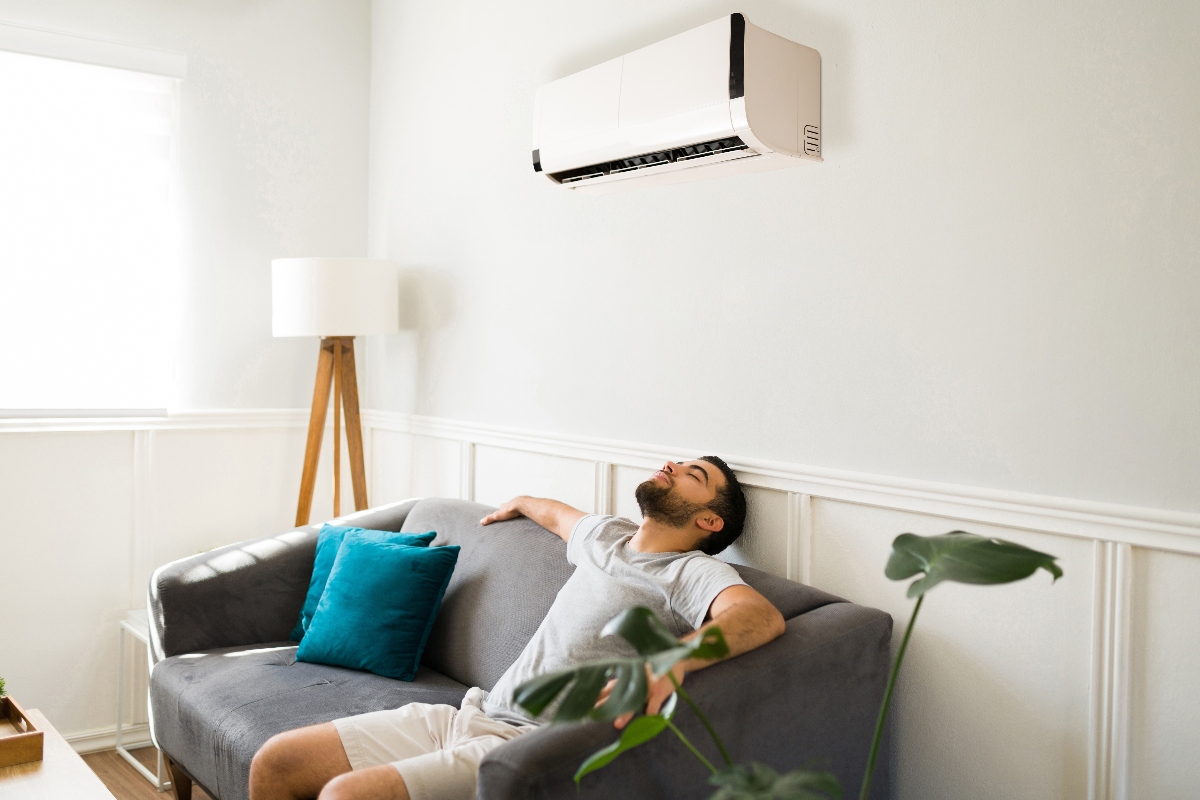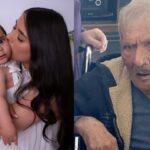As of Friday, June 20, a heat wave generated by a high-pressure system is bringing extreme temperatures and oppressive humidity to more than 220 million Americans, covering the central to eastern part of the country, including cities such as New York, Washington DC and Philadelphia. Several urban areas have recorded temperatures in excess of 38 °C (100 °F), with an even higher wind chill due to high humidity.
The National Weather Service(NWS ) has declared extreme heat warnings for regions of the Midwest, Northeast and Atlantic coast. In states such as Colorado, Nebraska, Iowa, Minnesota and South Dakota, heat stress risks have reached “potentially dangerous” levels. In cities along the I-95 corridor, the combination of heat and humidity is producing heat indexes that may exceed 100 °F (38 °C), with warnings active through the weekend. NOAA also warns that this heat wave is not an isolated event: 2025 climate trends project an exceptionally hot summer, with possible persistent extreme heat events in the US. Canada, specifically Ontario, will also face heat records above 32 °C.
Hispanics, the most exposed

This heat wave is not an isolated event
Health and work: Many Hispanics work outdoors or in non-air-conditioned spaces.
The risk of heat stroke and dehydration is very high.
Vulnerable children and older adults: Multigenerational families are exposed:
Children and the elderly require special attention during this heat wave.
Access to resources: Not everyone has air conditioning machines.
Knowing about cooling centers and government assistance can save lives.
Essential tips to protect yourself

1. Hydrate every moment – Drink water even if you are not thirsty.
2. Take refuge in cool spaces – Use public air conditioners or create cool zones at home.
3. Avoid midday sun – Reduce outdoor activities; work early in the day or in the evening.
4. Be aware of heat stress symptoms – Watch out for cramps, dizziness, rapid pulse…
5. Seek help if necessary – Call 911 for signs of extreme exhaustion or heat stroke.
For more information, visit QuéOnnda.com.























